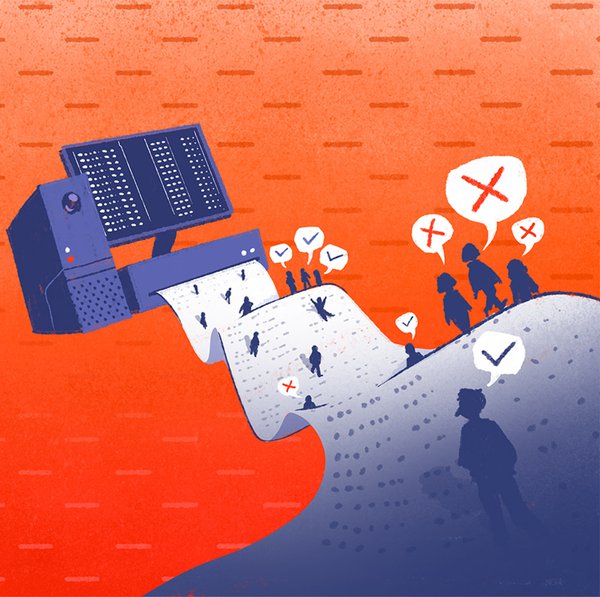How Do Political Polls Work?
How Do Political Polls Work?
by Gotham Polling

Political polls play a crucial role in modern democracy by gauging public opinion and helping shape campaign strategies. In this post, we delve into the mechanisms behind political polls, explore the various methodologies used, and explain why understanding these techniques is essential for both political professionals and engaged citizens. AtGotham Polling & Analytics, our goal is to shed light on how Political Pollingcan offer insights into electoral trends and voter behavior.
The Foundations of Political Polling
Political polls are surveys designed to capture the opinions, attitudes, and intentions of a selected group of people. They serve as a snapshot of public sentiment at a given time. Pollsters use a range of methods to reach a representative sample, including random-digit dialing, online surveys, and face-to-face interviews. Each method has its benefits and challenges, which can influence the overall accuracy of the results.
Sampling Techniques
One of the critical steps in political polling is the selection of a sample. Pollsters strive to ensure that the sample mirrors the broader population’s demographics. Random sampling is often employed to minimize bias, but modern polling also takes into account factors such as geography, age, income, and education. The goal is to balance these elements so that the poll accurately reflects the political leanings of the entire population.
Question Design and Bias
The construction of survey questions is equally important. Questions must be clear, unbiased, and structured in a way that does not lead respondents toward a particular answer. Even subtle wording differences can significantly affect responses, making question design a central challenge in Political Polling. Researchers spend countless hours testing and revising questions to ensure that they accurately capture public opinion without skewing the results.
Data Collection and Analysis
Once the sample is chosen and the questionnaire is finalized, the next step involves data collection. Depending on the method used, pollsters might collect thousands of responses over several days. This data is then meticulously analyzed using statistical techniques to draw conclusions about the larger population.
Statistical Weighting
An essential component of data analysis in political polling is weighting. Weighting adjusts the sample results to more accurately reflect the demographics of the overall population. For instance, if a particular group is underrepresented in the survey, pollsters will assign more weight to their responses. This process helps to reduce sampling error and increase the reliability of the poll’s predictions.
Interpreting the Results
After analyzing the data, pollsters produce reports that outline key findings. These reports typically include graphs, percentages, and projections that help the public understand trends. However, it’s important to remember that polls are merely snapshots in time. They reflect opinions at the moment of data collection, which can change rapidly as new information emerges or as political events unfold.
Challenges in Political Polling
While political polls are invaluable tools, they are not without challenges. Nonresponse bias, where certain groups are less likely to participate, can skew results. Additionally, the increasing prevalence of online surveys has raised concerns about data security and the representativeness of respondents. Despite these challenges, advances in statistical methods and technology continue to improve the reliability of Political Polling.
The Impact of Technology
Modern technology has revolutionized how polls are conducted. Online platforms and mobile applications enable pollsters to reach a broader and more diverse audience quickly. Although this shift has its benefits, it also introduces complexities regarding digital literacy and access. As pollsters adapt to these changes, they work diligently to maintain the integrity of their methodologies and ensure that their findings remain robust.
Conclusion
Political polls are complex instruments that provide a window into the political landscape. By understanding the processes—from sampling and question design to data collection and analysis—we can better appreciate the insights offered by Political Polling. As the political climate continues to evolve, the role of accurate and ethical polling becomes ever more critical. Visit Gotham Polling & Analytics for more expert perspectives and detailed analyses on the inner workings of political polls.

